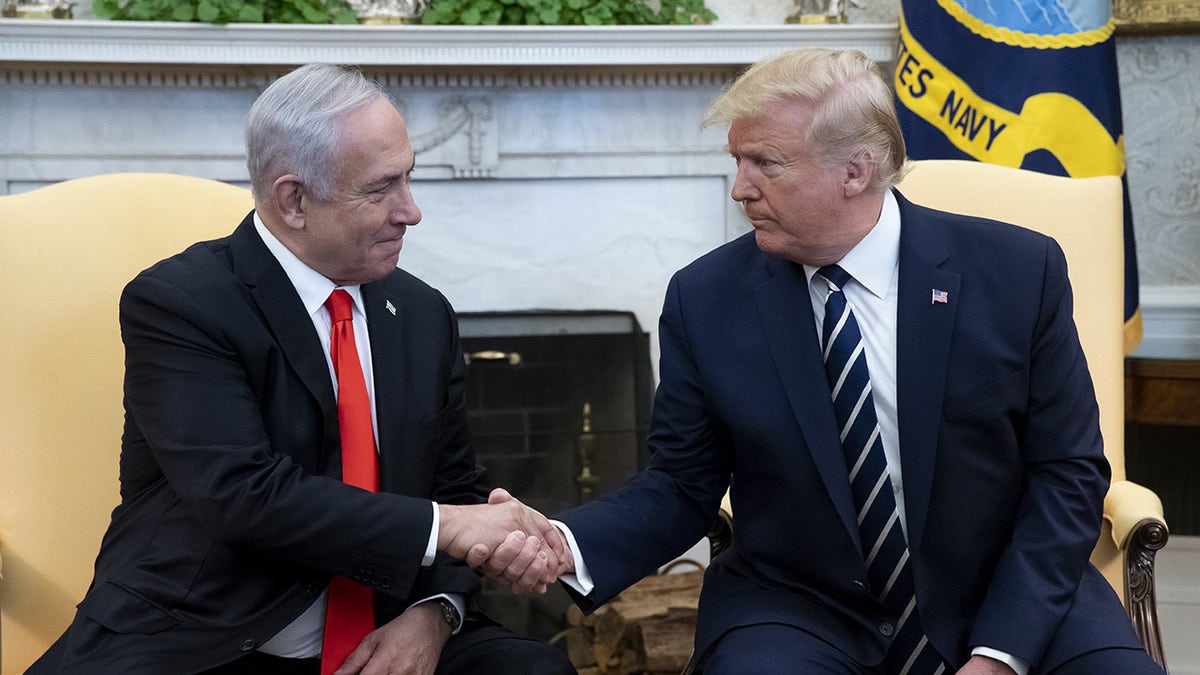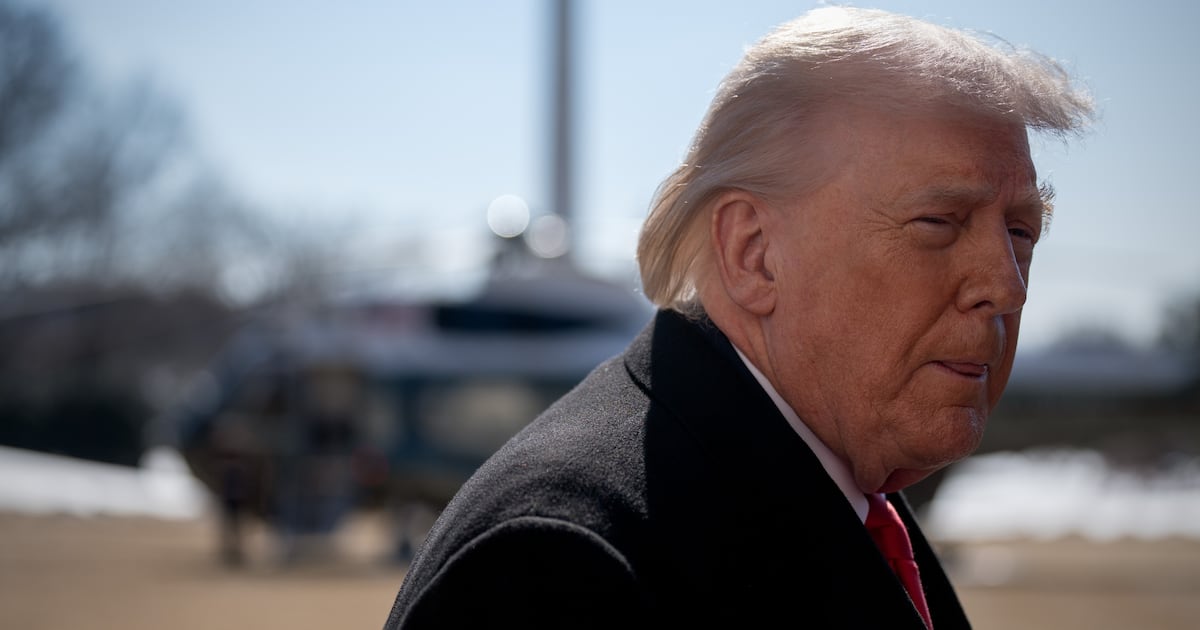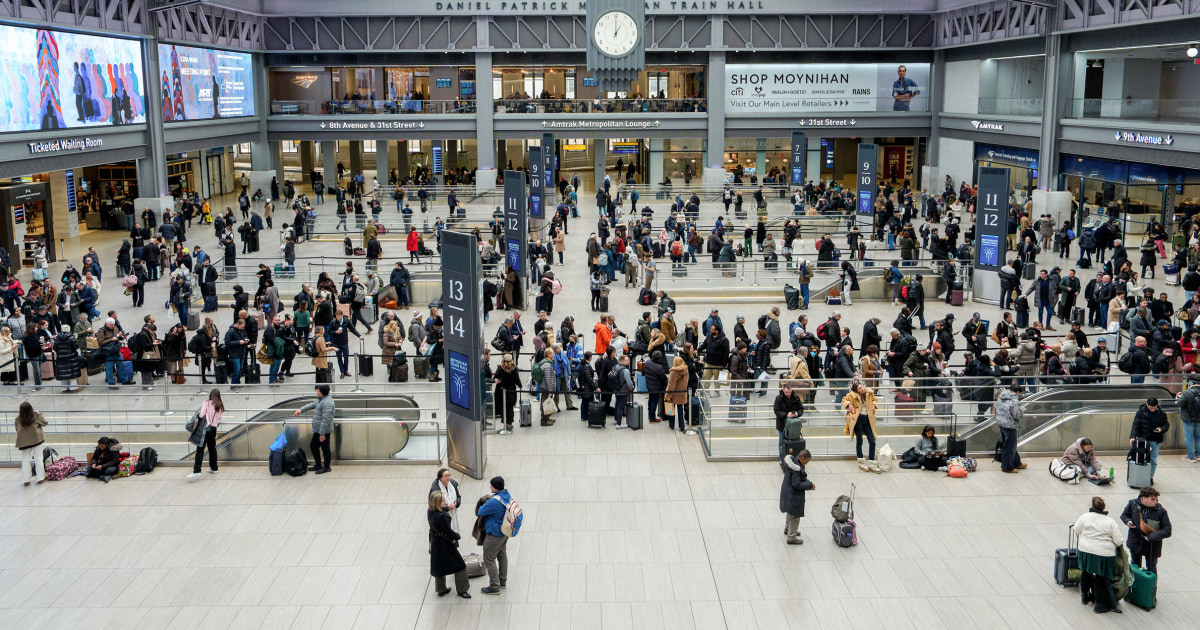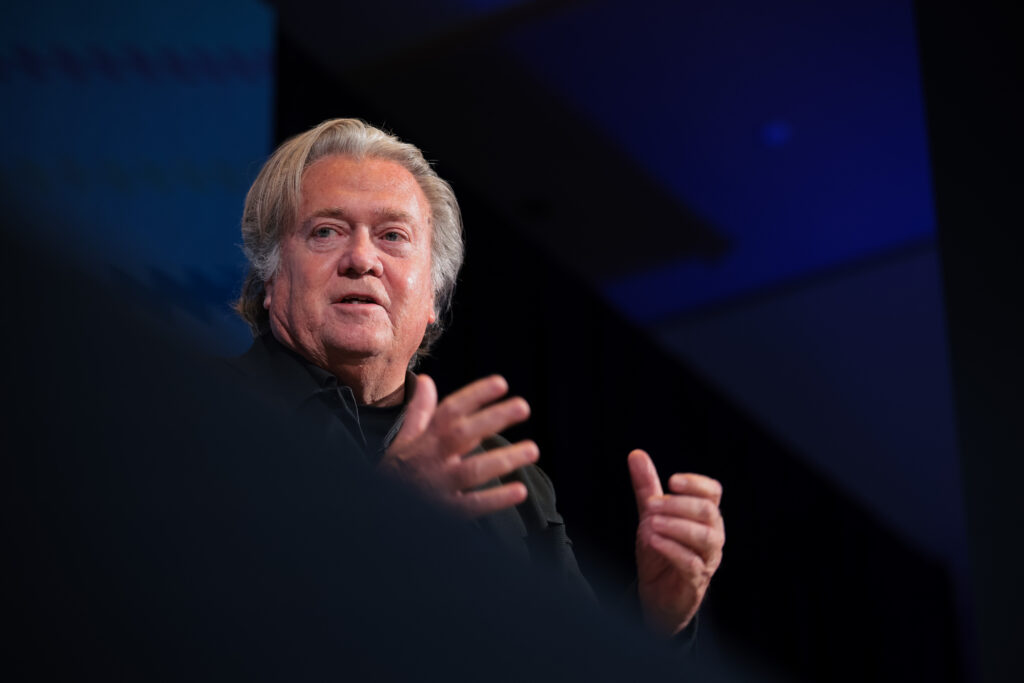Trump Accuses South African President of Not Protecting White Farmers
#trump #south africa #race #land reform #international relations

About the People Mentioned
Donald Trump
Donald John Trump, born June 14, 1946, in Queens, New York, is an American businessman, media personality, and politician. He graduated from the University of Pennsylvania’s Wharton School in 1968 with a degree in economics. In 1971, he took over his family’s real estate business, renaming it the Trump Organization, through which he expanded into building and managing skyscrapers, hotels, casinos, and golf courses. Trump gained widespread fame as the host of the reality TV show *The Apprentice* from 2004 to 2015, which helped establish his public persona as a successful entrepreneur. Trump entered politics as a Republican and was elected the 45th president of the United States, serving from 2017 to 2021. His presidency was marked by significant policy actions including tax cuts, deregulation, the appointment of three Supreme Court justices, renegotiation of trade agreements (notably replacing NAFTA with the USMCA), and a focus on immigration control including border wall expansion. He withdrew the U.S. from international agreements such as the Paris Climate Accord and the Iran nuclear deal, and engaged in a trade war with China. His administration’s response to the COVID-19 pandemic was criticized for downplaying the virus’s severity. Trump was impeached twice by the House of Representatives—first in 2019 for abuse of power and obstruction, and again in 2021 for incitement of insurrection—but was acquitted by the Senate both times. After losing the 2020 election to Joe Biden, Trump challenged the results, culminating in the January 6, 2021, Capitol riot. He remains a central figure in American politics, having won the 2024 presidential election and returned as the 47th president in 2025, continuing to promote policies aimed at economic growth, border security, and military strength[1][2][3][4].
Cyril Ramaphosa
Matamela Cyril Ramaphosa, born on November 17, 1952, in Johannesburg, South Africa, is a prominent South African politician, activist, and businessman. He is widely recognized for his significant role in the negotiations that ended apartheid and established South Africa’s democratic government. Ramaphosa’s early activism began during his student years at the University of the North, where he engaged in anti-apartheid activities and was detained twice under the Terrorism Act in the 1970s. After completing his law degree in 1981, he became deeply involved in labor organizing, notably founding the National Union of Mineworkers in 1982, which played a crucial role in challenging apartheid-era labor policies. Ramaphosa rose through the ranks of the African National Congress (ANC), South Africa’s leading political party, serving as its Secretary-General and later as Deputy President. He was appointed Deputy Chairperson of the National Planning Commission in 2010, contributing to the country’s long-term development strategies. In December 2017, he was elected President of the ANC, and in February 2018, he became President of South Africa following Jacob Zuma’s resignation. He was re-elected President of South Africa by the National Assembly in June 2024 and also re-elected as ANC President in 2022. As president, Ramaphosa has focused on economic reform, anti-corruption efforts, and social development amid challenges such as economic inequality and political factionalism. He also serves as co-Chair of the International Labor Organization’s Commission on the Future of Work. Ramaphosa is recognized for his diplomatic skills, business acumen, and ongoing influence in shaping South Africa’s post-apartheid trajectory[1][2][3][4][5].


















